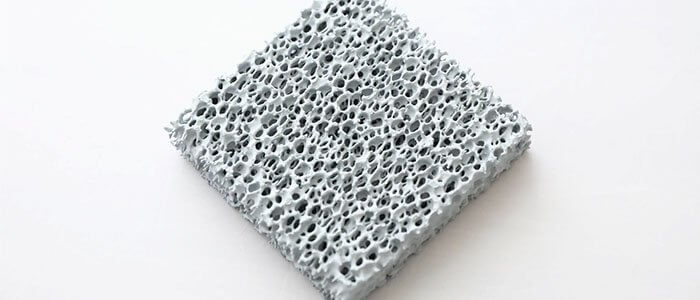Introduction
SIC Foundry, also known as Silicon Carbide Foundry, plays a crucial role in the casting and foundry industry. Silicon carbide (SiC) is a versatile material with unique properties, making it an excellent choice for various industrial applications, including casting and foundry processes.
Casting Process and SiC Foundry
The casting process involves pouring molten metal or alloy into a mold to obtain the desired shape and form. SiC Foundry significantly impacts the casting process due to its exceptional thermal conductivity and refractory properties. SiC-based crucibles are widely used in the industry as they can withstand high temperatures, ensuring the efficient and precise melting of metals. Additionally, SiC crucibles provide better resistance to thermal shocks, reducing the risk of cracking or failure during the casting process.

Technical Parameters in Casting:
a. Melting Point: SiC crucibles have a high melting point (around 2730°C), enabling the casting of metals with extremely high melting points such as tungsten, titanium, and molybdenum.
b. Thermal Conductivity: SiC crucibles have superior thermal conductivity, facilitating uniform heating and improved energy efficiency during the melting process.
c. Corrosion Resistance: SiC’s inherent chemical stability allows it to resist reactions with most molten metals, reducing contamination and ensuring the production of high-quality castings.
Foundry Operations and SiC Foundry
Foundries are industrial facilities where metals are melted and cast into specific shapes or products. SiC Foundry offers several advantages in foundry operations, including superior performance in lining materials for furnaces and ladles, as well as molds and cores for casting.
Technical Parameters in Foundry Operations:
a. Refractoriness: SiC materials boast high refractoriness, making them ideal for lining furnaces and other high-temperature equipment in foundries.
b. Dimensional Stability: SiC exhibits minimal thermal expansion, which helps maintain the shape and integrity of molds and cores during the casting process.
c. Abrasion Resistance: The hardness and toughness of SiC make it resistant to abrasion, ensuring prolonged usage of molds and cores, resulting in cost savings for foundries.
SiC Foundry in Advanced Casting Techniques
The evolution of advanced casting techniques, such as investment casting and continuous casting, has further highlighted the importance of SiC Foundry. In investment casting, where complex shapes are produced, SiC-based refractory shells are used to create the molds. SiC’s high strength and stability allow intricate designs to be achieved with precision and repeatability.
Technical Parameters in Advanced Casting:
a. Thermochemical Stability: SiC’s resistance to chemical reactions with various metals and alloys ensures that the molds and cores remain intact throughout the investment casting process.
b. Surface Finish: SiC molds provide excellent surface finishes to the cast products due to their low reactivity and ability to maintain dimensional accuracy during the casting process.
Conclusion
In conclusion, SiC Foundry plays a vital role in the casting and foundry industry, providing a range of technical parameters that are crucial for successful operations. Its exceptional thermal conductivity, high refractoriness, corrosion resistance, and dimensional stability make it an indispensable material in the casting process. Moreover, SiC’s role in advanced casting techniques, such as investment casting and continuous casting, further solidifies its importance in modern manufacturing. As technology continues to advance, SiC Foundry will likely remain at the forefront of innovations in the casting and foundry sectors, contributing to increased efficiency, improved product quality, and sustainable manufacturing practices.


